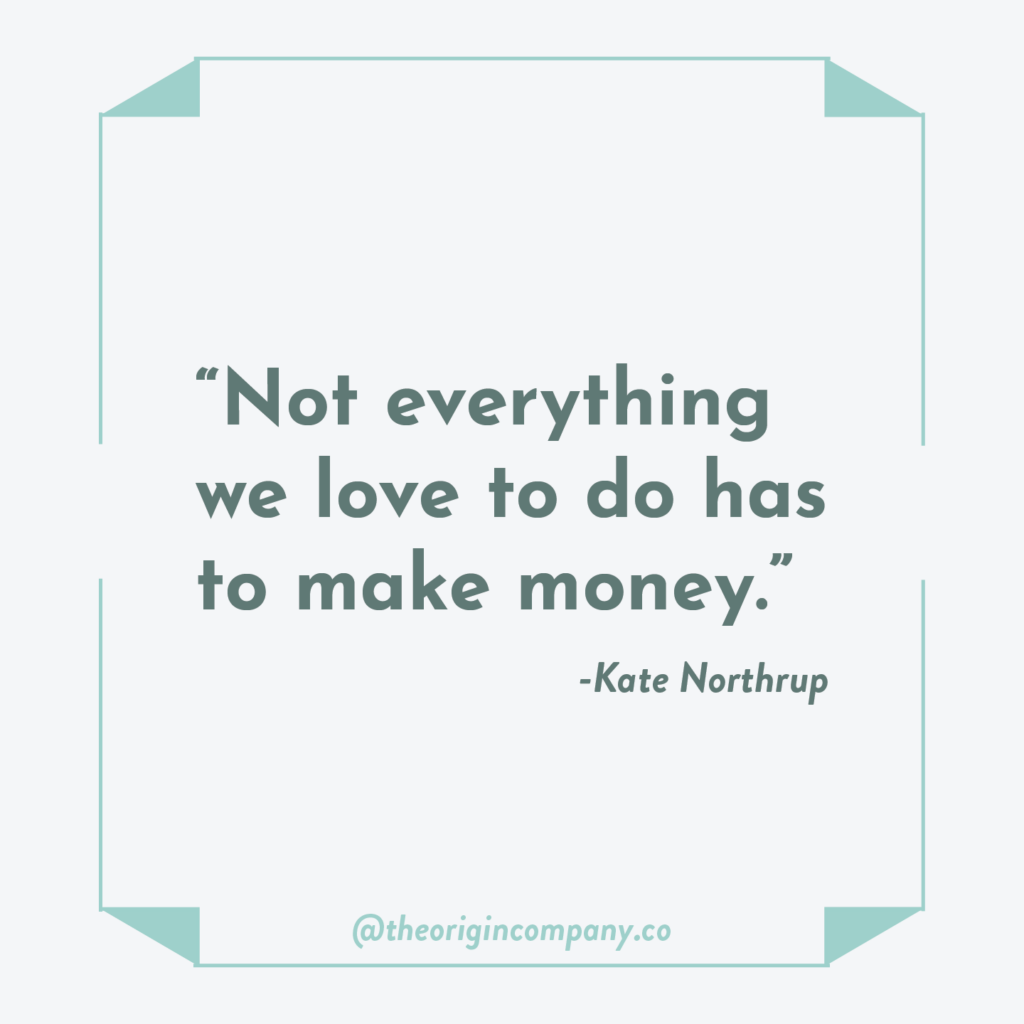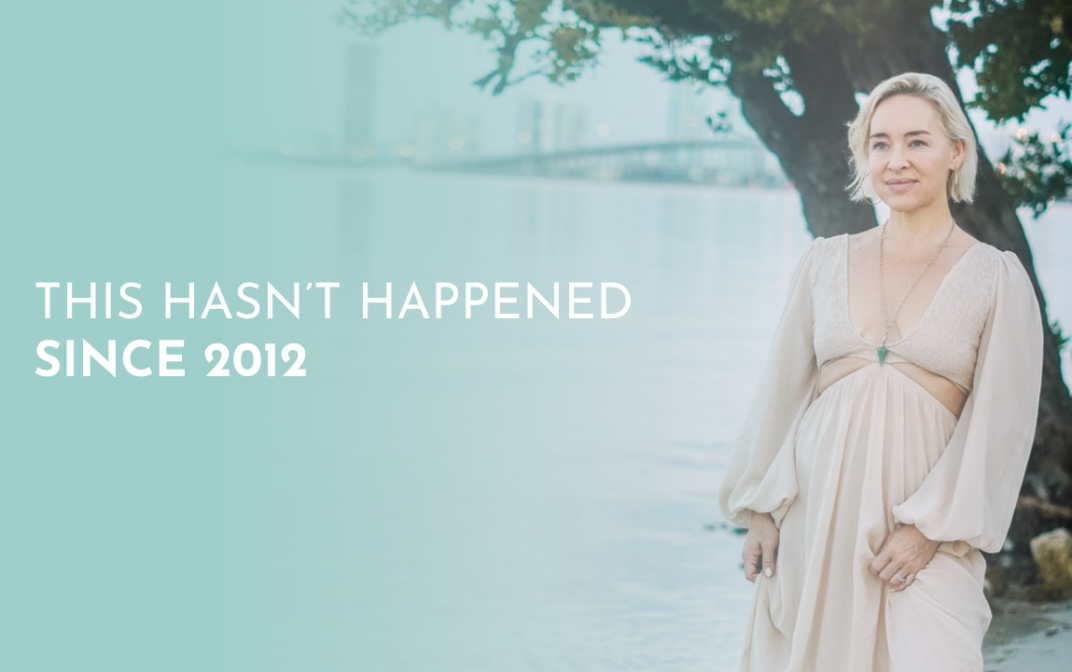The seemingly sage advice to make money having fun is something so many of us entrepreneurs have taken to heart…but it’s not always as good of an idea as it may seem.
I was recently at a gathering of 7 and 8-figure women business owners and one of them pulled me aside in the hallway during a break and said:
What you just said in there saved my life!
In the last session I was asked to get up and share how I’ve been applying the concept of cover crops, borrowed from regenerative agriculture to my business.
Regenerative agriculture is all about soil health. The idea is that if you prioritize the health of the soil, the farm is actually healthier, more resilient, more productive, and even more profitable. (With the additional benefit of drawing down greenhouse gases positively impacting climate change.
Planting cover crops, as opposed to cash crops, in soil that would normally be left bare after a harvest has a bunch of incredible benefits for the health of the soil:
It prevents the soil from eroding because the living roots of the cover crops hold the soil in place.
It increases water retention and biodiversity plus improves the microbiome of the soil.
Then, when it’s time to plant the next cash crop, that harvest is more nutrient-dense (and therefore better for the people and animals who eat it), it’s more resilient and more abundant!
Cover crops and other regenerative farming practices also don’t require a bunch of chemical fertilizers and pesticides (which further deplete the health of the soil, humans and animals, and the overall environment) and they eventually not only save the farmers money, but they also help them make more money!
(To learn more about regenerative agriculture, watch the film Kiss the Ground.)
So what do cover crops have to do with your business, trying to make money having fun, and my friend at the meeting?
If you think about it metaphorically, your physical and emotional energy as a business owner is like the soil.
You might already love what you do in your business like I do but then there are inevitably other things we love to do that aren’t part of our current business offerings.
When you’re someone who’s great at monetizing things (like so many entrepreneurs are), it can feel really tempting to make money having fun by creating a revenue stream out of everything you enjoy doing in your life.
But you know what that does?
It depletes the soil health.
It doesn’t give the soil a season of “rest” to be re-nutriented by simply growing a crop that’s never meant to go to market.
My friend at the meeting had started organizing retreats where a hand-picked group of women entrepreneurs got together at a gorgeous location and co-worked, ideated, did visioning, and masterminded. She loved it and so did they and she was trying to figure out a way to make it a business.
But when she heard me talk about cover crops she felt a boat load of permission to let those retreats be something she simply has fun doing and loves to do without it needing to make her money.
She realized that trying to turn the retreats into a revenue stream was actually starting to sap the joy from them and the extra feeling of pressure made it so it ironically didn’t feel as fun anymore.
Not everything we love to do has to make money.

Cover crops are necessary to keep the soil and the whole ecosystem healthy and abundant.
Don’t get trapped into thinking that you have to make money having fun at every single opportunity.
Things get to be fun and nourishing just to be fun and nourishing. Not everything has to make money.
And you know what?
When you give yourself permission to have some cover crops in your life, the cash crops will be even more profitable.
When we let nature be our guide for best business practices, she never leads us wrong.
 Kate Northrup is an entrepreneur, bestselling author, mother, and founder and CEO of The Origin Company, which reaches hundreds of thousands globally. Kate is committed to supporting ambitious women to light up the world without burning themselves out. She’s the author of Do Less, the Do Less Planner System creator, and runs The Origin Membership, which helps business owners grow their business while doing less.
Kate Northrup is an entrepreneur, bestselling author, mother, and founder and CEO of The Origin Company, which reaches hundreds of thousands globally. Kate is committed to supporting ambitious women to light up the world without burning themselves out. She’s the author of Do Less, the Do Less Planner System creator, and runs The Origin Membership, which helps business owners grow their business while doing less.






10 comments